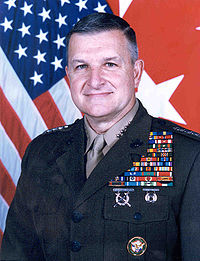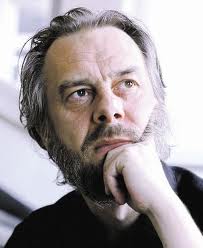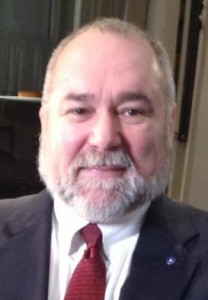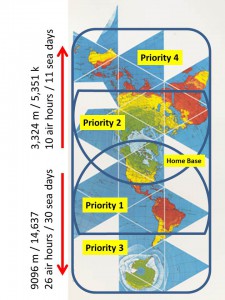![]() The world’s cheapest tablet, improved (and reviewed)
The world’s cheapest tablet, improved (and reviewed)
By Betwa Sharma | December 31, 2012,

DELHI — In 2012, SmartPlanet reported on a series of inexpensive tablets from India especially the $41 one called Aakash, which was launched by the Indian government.
Datawind Inc., a Montreal-based tech company, made the tablet in response to the Indian government’s challenge to create the world’s cheapest tablet.
Aakash, which was further subsidized for students to $35, received bad reviews. Critics said it had poor battery life, an unresponsive screen, absence of useful apps, less storage space and a slow processor.
In November, Datawind relaunched its tablet as Aakash 2. The improved tablet is powered by Android 4.0 Ice Cream Sandwich run on 1 GHz processor and 512 MB RAM with 4 GB internal storage and 32 GB microSD support. Its basic features include 7-inch capacitative touch screen, battery life of three hours, 0.3 megapixel front camera and WiFi connectivity.
The Indian government will buy about 100,000 units from Datawind for Rs. 2263 ($41) and make it available to students for Rs.1130 ($20). The commercial version of the tablet can be bought online for Rs. 4499 ($81)
This time, it was launched not only in India but also unveiled at the United Nations.
“India is a critical player on security issues … but you are also a leader on development and technology,” U.N. Secretary General Ban Ki-moon said at the unveiling in November. “Indeed, India is a superpower on the information superhighway.”
“We need to do more to help all children and young people make the most of the opportunities provided by information and communications technology – especially all those who are still unconnected from the digital revolution,” he added.
SmartPlanet spoke with tech expert Prasnato Roy, editorial adviser at CyberMedia India, on what’s new with the tablet and will it work better.
Read full article with interview.
Phi Beta Iota: Combine with with Open Cloud and Open Spectrum, among other opens, and we create a prosperous world at peace, a world that works for all.
See Also:
21st Century Intelligence Core References 2.8
Owl: $20 Table Storms the World — Four Million Back Ordered
Search: openbts [as of 30 Oct 2012]
SmartPlanet: Mobile Phones Lifting Global Economy








